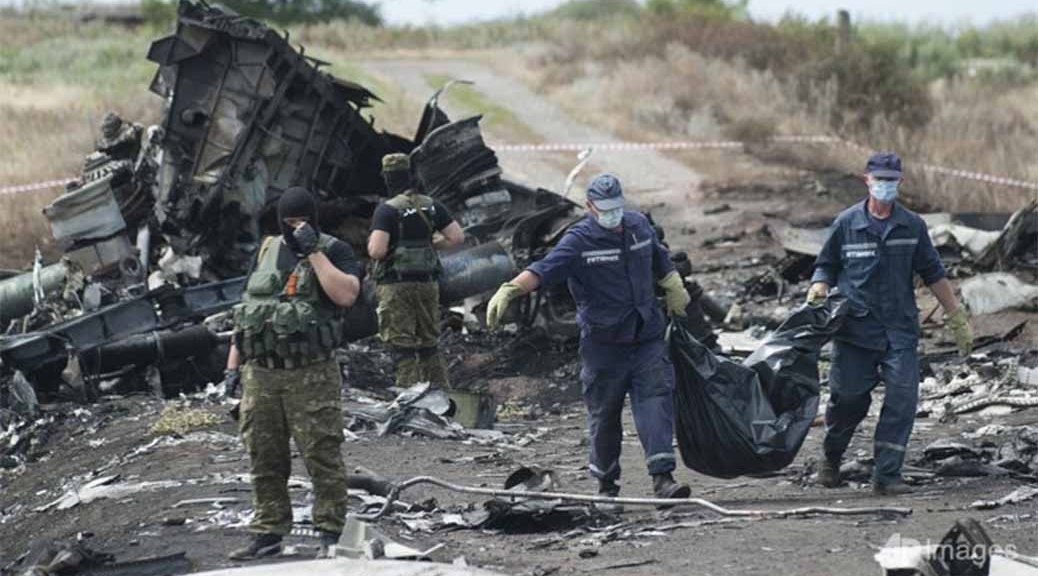“Although New Labour may have come to power talking of ‘joined-up government’, in practice it has approached policy from the exactly opposite point of view – breaking a problem down into its component parts and then attempting to solve them in a linear fashion…
“As author Jake Chapman, a well known systems thinker, points out, there are two important properties of complex human-activity systems. One is that they can’t be managed by the use of crude performance targets, which bend them out of shape and make implementers ‘look the wrong way’ – at the targets rather than the needs of their clientèle. Nor, second, can they be managed by reductionist, command-and-control methods, because of the many unintended consequences.
“Instead, such systems have to be carefully managed for long-term, incremental improvements by ‘introducing learning processes rather than specifying outcomes or targets,’ and their success judged by users, not governments….
“Chapman’s important pamphlet contains a powerful warning. From a systems point of view, it is no accident that unintended consequences are multiplying like boils all over the public sector. The traditional mechanistic approach to policy has been savagely undermined by increasing complexity and interconnectedness; in a more complex world, policy really is becoming more difficult, to the extent that without a change of method, failure will be increasingly common.
Meanwhile, eaten by their toxic incentives, public-service organisations run by targets on command-and-control lines will, as an absolute certainty, become more dysfunctional and more neurotic until they either seize up or explode.”
Thinking outside the box, Simon Caulkin, The Observer, 26 May 2002








